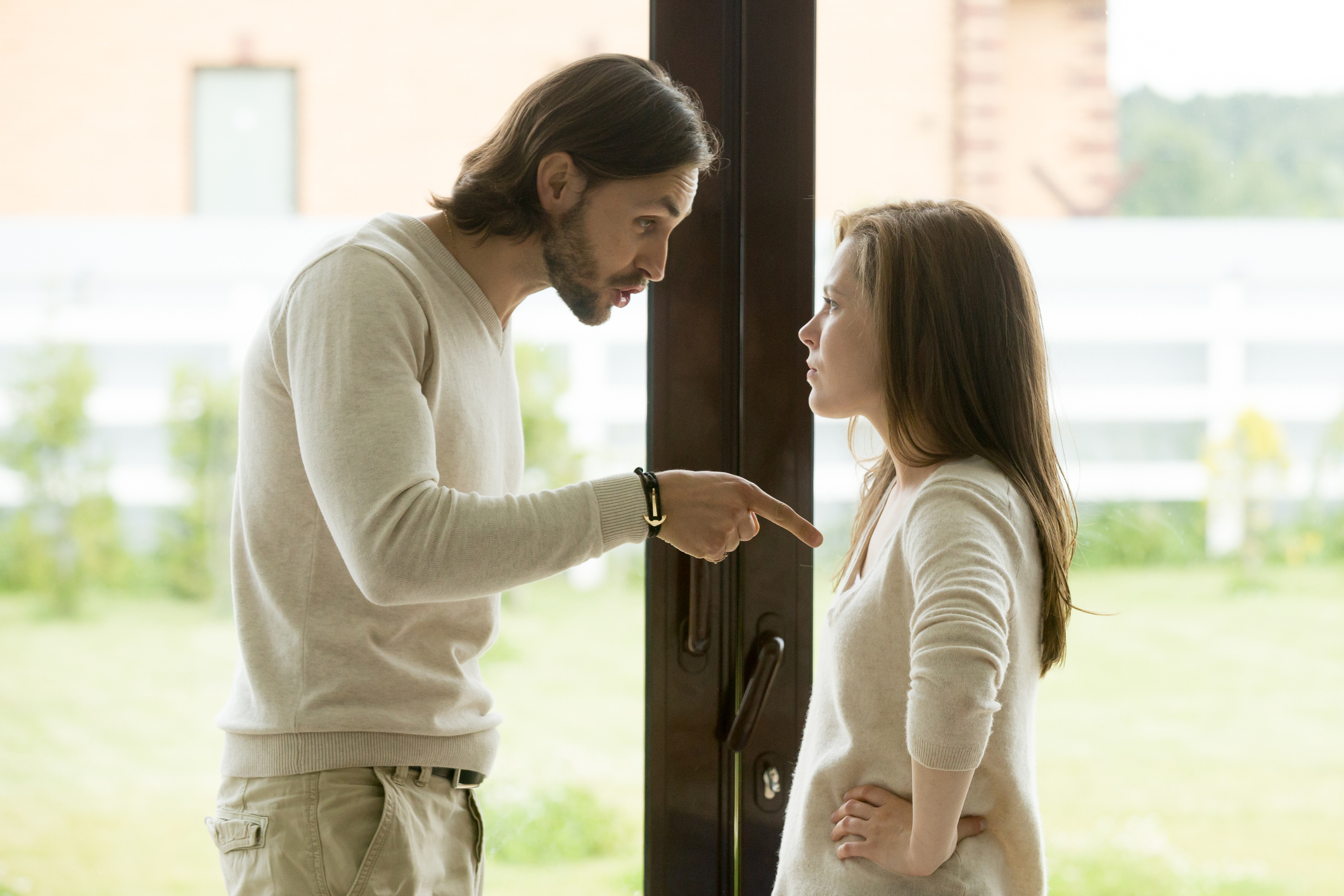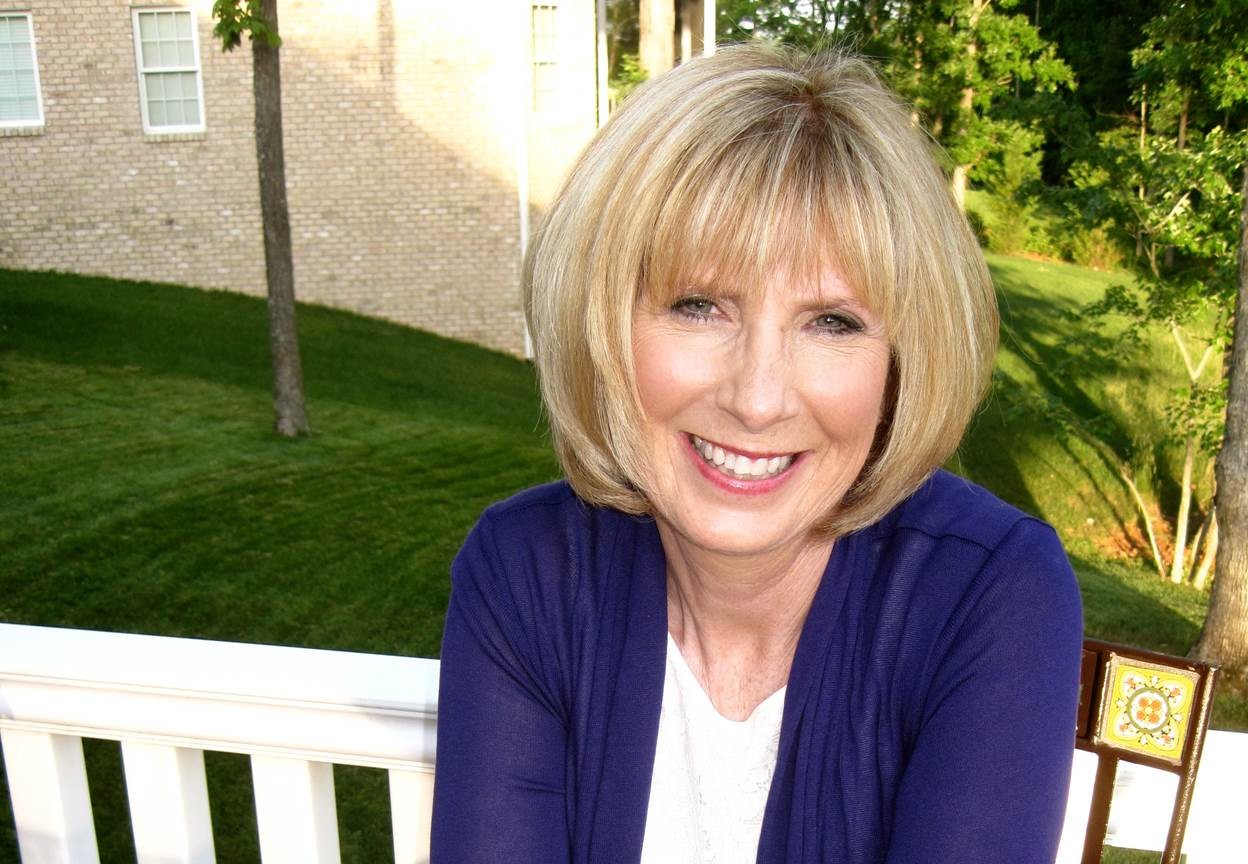I’ve heard it so often in couple therapy-stories of blame; how the partner is the source of all marital ills. Here is the problem with this approach, blame does nothing to make a relationship better. In fact, it’s toxic! It puts your partner on the defense and is reactionary.
Blame has been around since the beginning of time. It started in a garden when Adam pointed a finger at Eve. Eve pointed a finger at the serpent and Adam blamed God for giving him the woman. It’s an age-old problem with the same result, distance from God and others.
When blame is the game, no one wins because all that happens is finger pointing. No one takes responsibility for their part of the problem. No one looks at their own behavior. Blame means you don’t have to change anything about yourself. Blame says, “I can’t change or be OK until you change.” It’s all up to you. But you can’t build intimacy with an accusing finger and blame doesn’t usually motivate another person to change.
Before you decide to blame another person, find out if they acted with full knowledge of the consequences of their actions. Did they intend to hurt you? Did they fly off the handle? Was their goal to hurt you because they hurt? What is really going on with that person and what is the actual problem?
Then think about the negative impact of blame before you do it. Blame can be considered emotional abuse when it becomes a pattern. Think about how it feels time and time again, especially when you do something unintentional, to be blamed. What does that do to intimacy?
When people blame it can become so automatic, they don’t even know they are doing it. But blame damages trust which is foundational to any healthy relationship. So intentional or not, it needs to stop in order to build a better relationship.
To stop the blame, take responsibility for your part of any relationship problem. Consider if you are doing anything that could be causing or contributing to the problem. Most problems are not one sided. So, it is likely that you are doing something to contribute or add to the problem. Identify what your part is and work to change it.
Then, bring up the issue but do so constructively. If the goal is to find a solution to the problem, say what is bothering you but not in the form of an accusation. Pay attention to your words. Be humble in the conversation knowing we all have issues and brokenness. Extend grace to your partner and be less judgmental. Agree to be on the same team and work towards a mutual goal. Attack problems not people. Blaming and shaming don’t lead to solutions, only distance.
In the end, blame has a cost to all relationships. It puts down other people and trust is lost. You can’t be vulnerable when fingers are constantly pointed at you. And you can’t enjoy the normal give and take of healthy relationships.
So, let’s take responsibility and stop blaming others for our unhappiness or problems. Couples need to work together to solve problems, not destroy their relationship.






